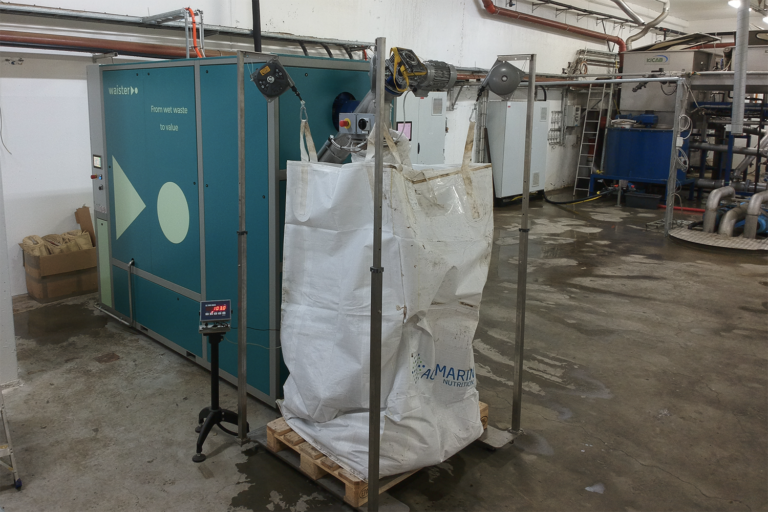
Responsibility
Valorizing aquaculture waste into bio-fertilizers and pet feed
Waister machines transform fish sludge and mortalities into bio-fertilizers and pet feed ingredients to valorize waste through circular economy principles.
Aquafeeds
Study from Malaysia evaluates the inclusion of olive oil byproducts in aquafeeds and their potential for expanded utilization.

Responsibility
Waister machines transform fish sludge and mortalities into bio-fertilizers and pet feed ingredients to valorize waste through circular economy principles.
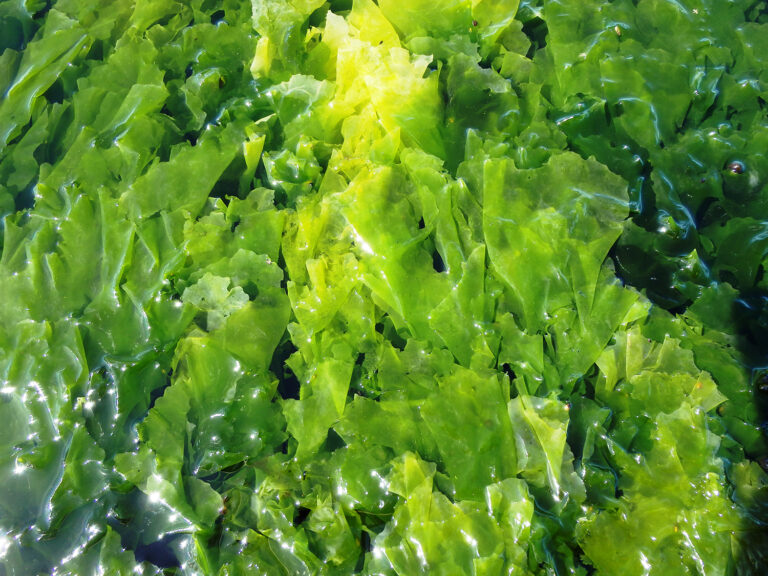
Responsibility
In the next article from the GAIN project, producing algae from smolt wastewater can increase salmon farms’ profits and maximize nutrient use.
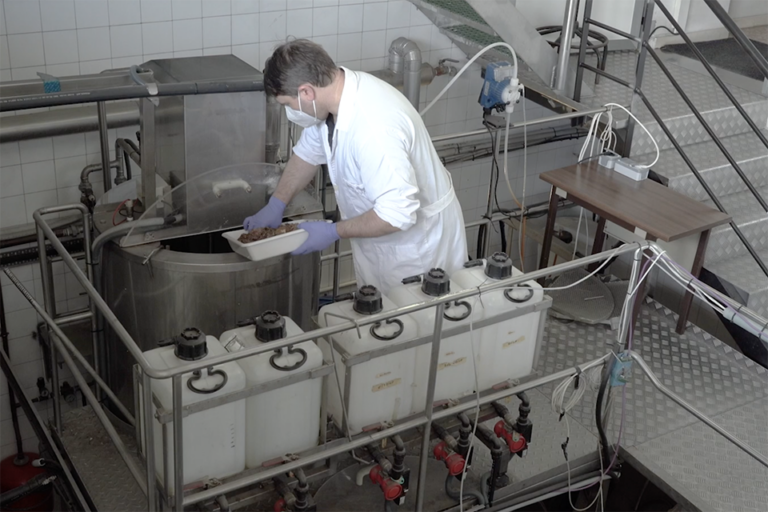
Responsibility
In the latest GAIN article, fish scraps can be transformed into fish protein hydrolysates as a high-nutrient value addition to aquafeeds.
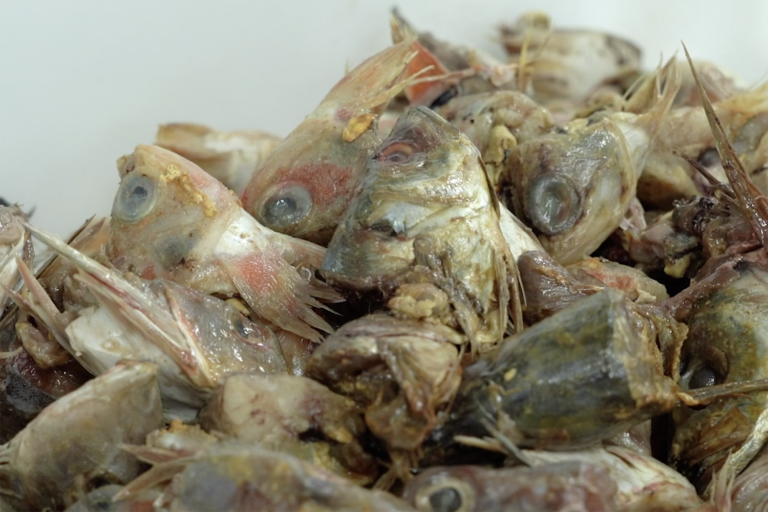
Responsibility
In the latest article from the GAIN project, implementing circular economy principles can help increase the sustainability of aquaculture production.
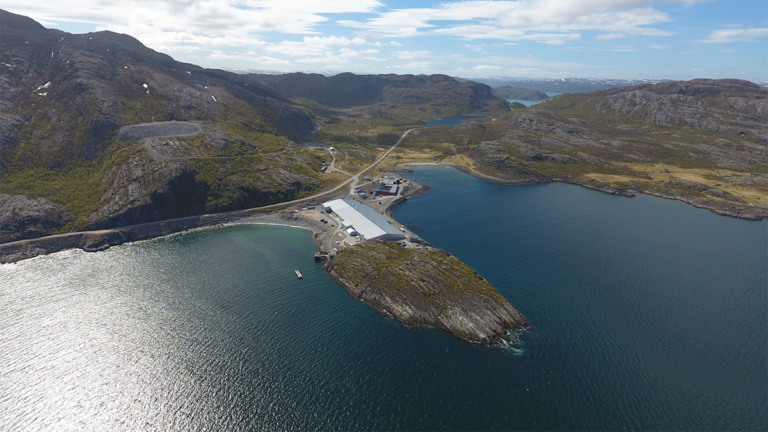
Responsibility
Bioretur converts aquaculture waste, or sludge, into fertilizer as demand for “circular economy” technologies grows.
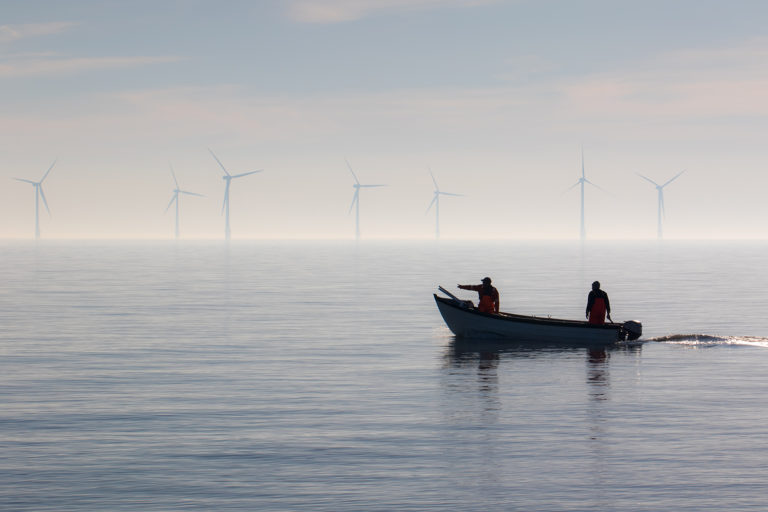
Responsibility
To mitigate the impacts of climate change and bolster ocean health, research suggests turning to one of the planet’s powerful forces: The ocean itself.
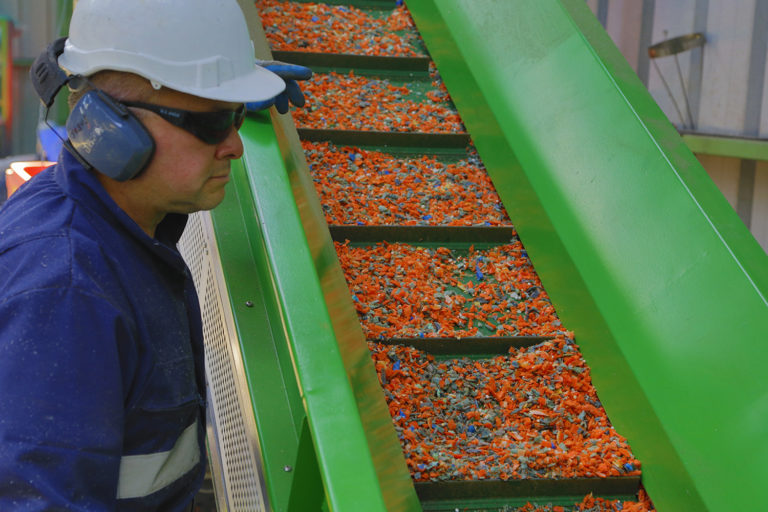
Responsibility
With sustainability and environmental protection becoming increasingly prominent in Chile, recycling firms like Greenspot are drawing attention.
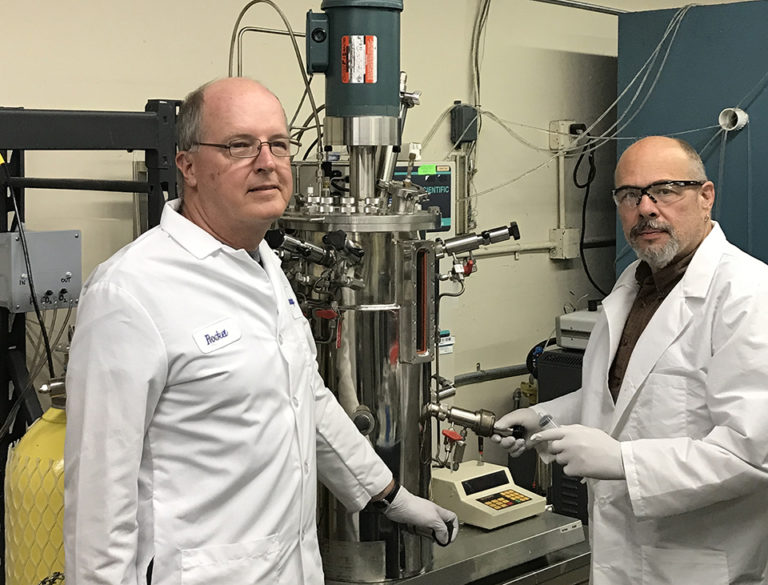
Aquafeeds
NovoNutrients will join FEED-X, an initiative to transform the “sustainability performance” of value chains linked to climate change and biodiversity loss.
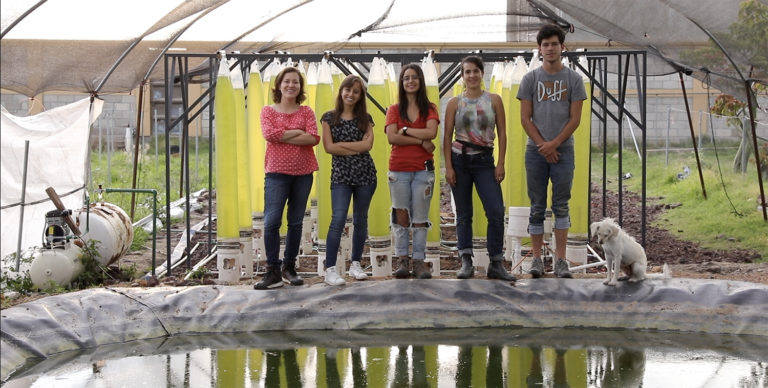
Aquafeeds
MicroTERRA is a promising Mexico-based startup developing systems that use microalgae to turn fishpond wastewater into protein for fish feed.
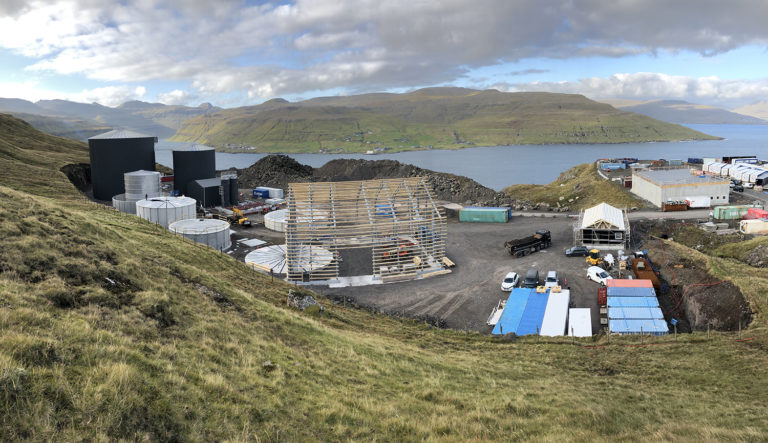
Aquafeeds
A Norwegian fermentation technology firm utilizes volcanic matter to transform salmon waste, including feces and uneaten feed, into a high-protein powder.
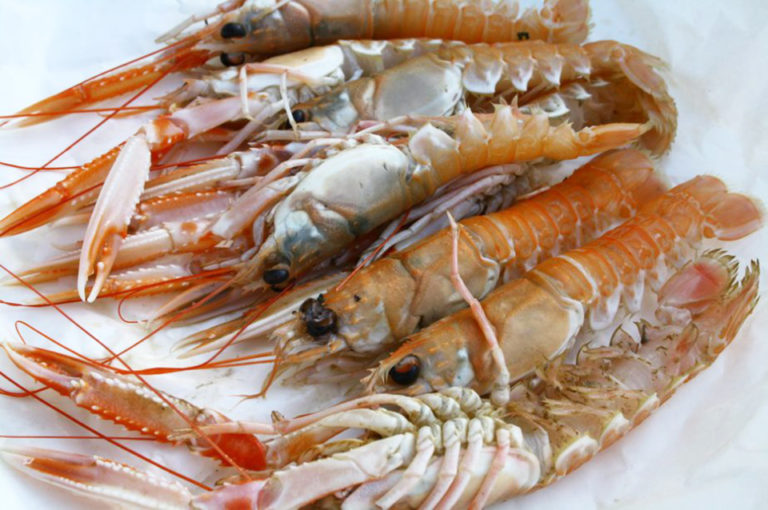
Innovation & Investment
A new type of chitosan-based bioplastic, made from shellfish shells, emerges as a potential solution for global food waste and marine plastic pollution.
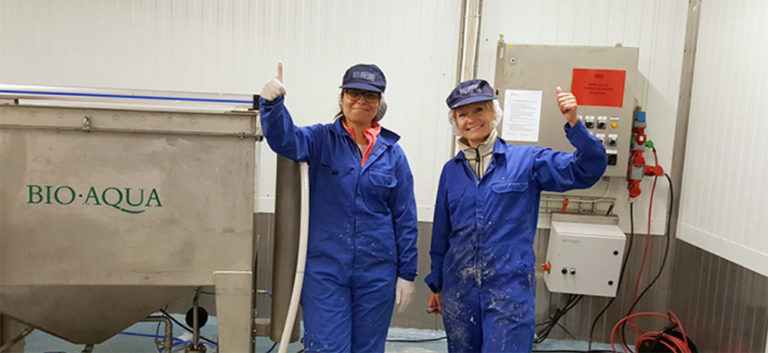
Responsibility
A research project from Chalmers University of Technology, Sweden, shows the potential of recycling nutrients from seafood processing waters back into the food chain.